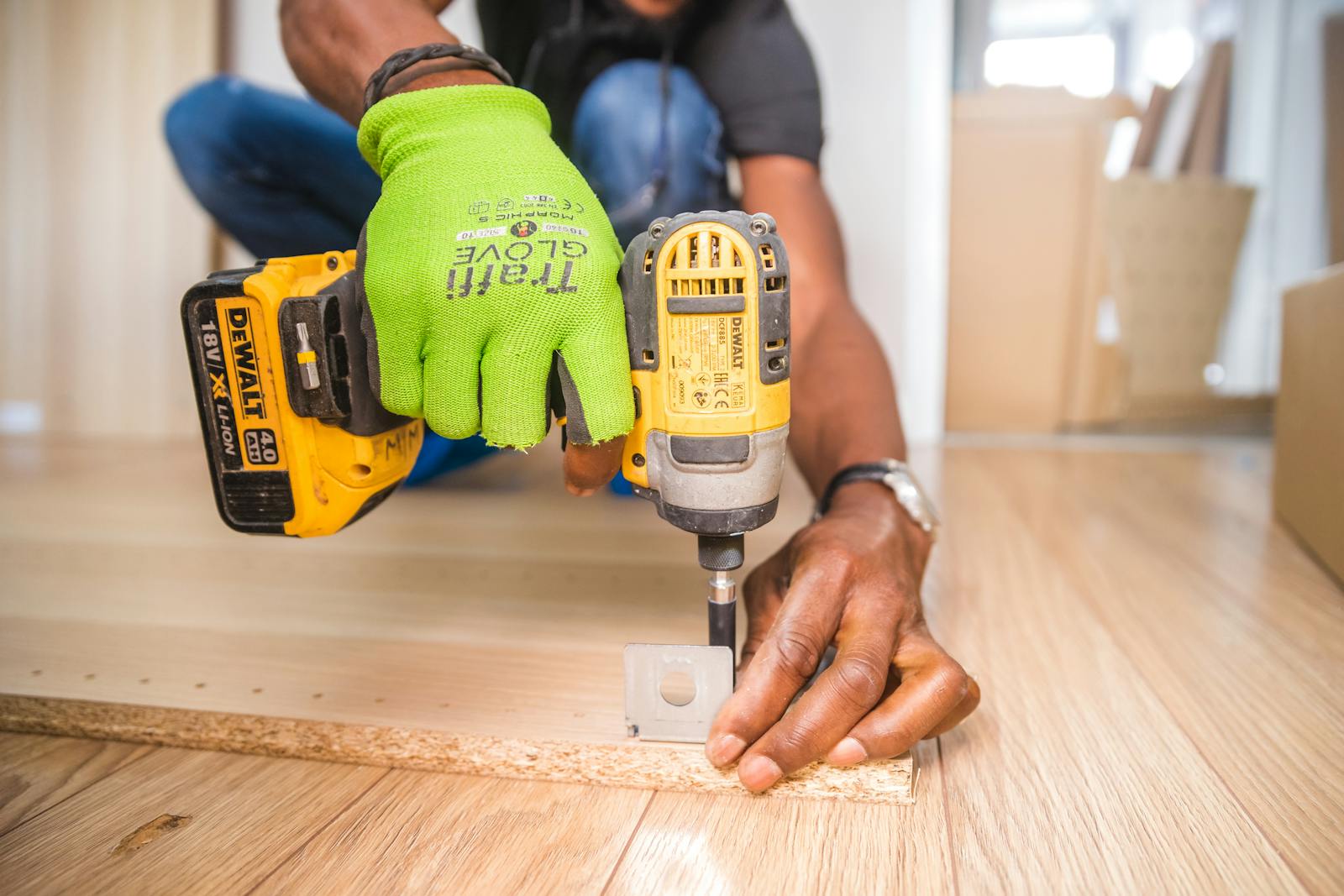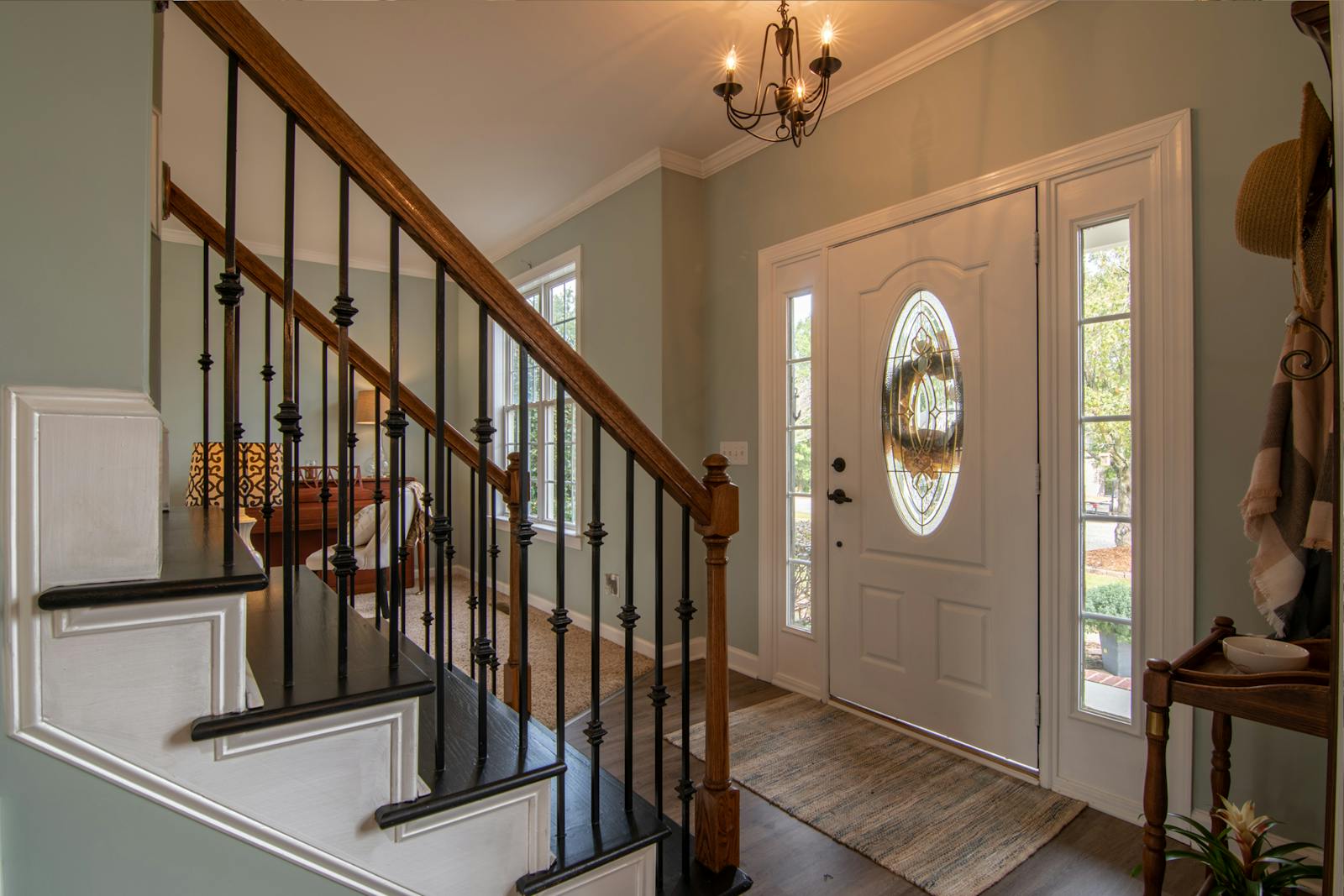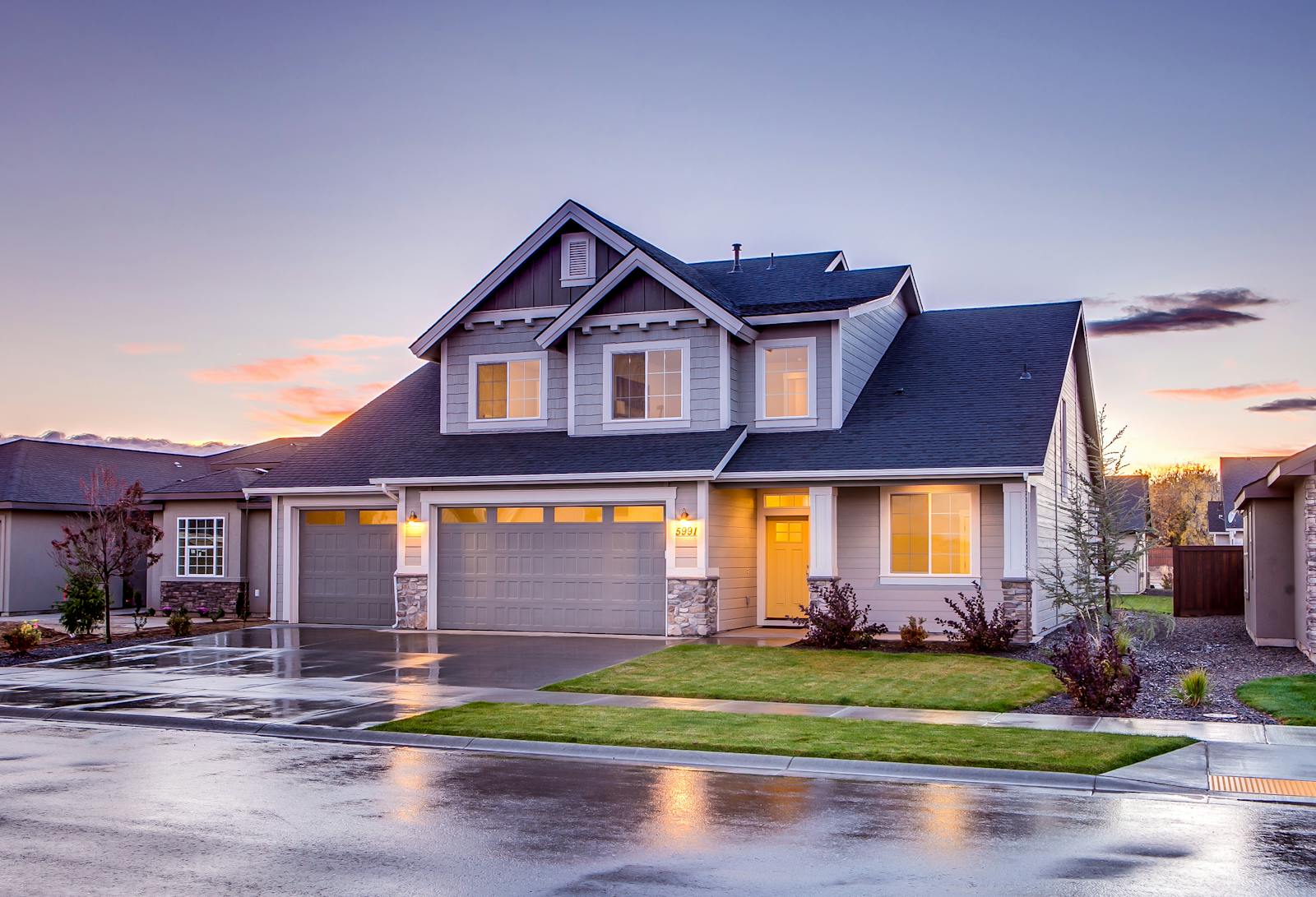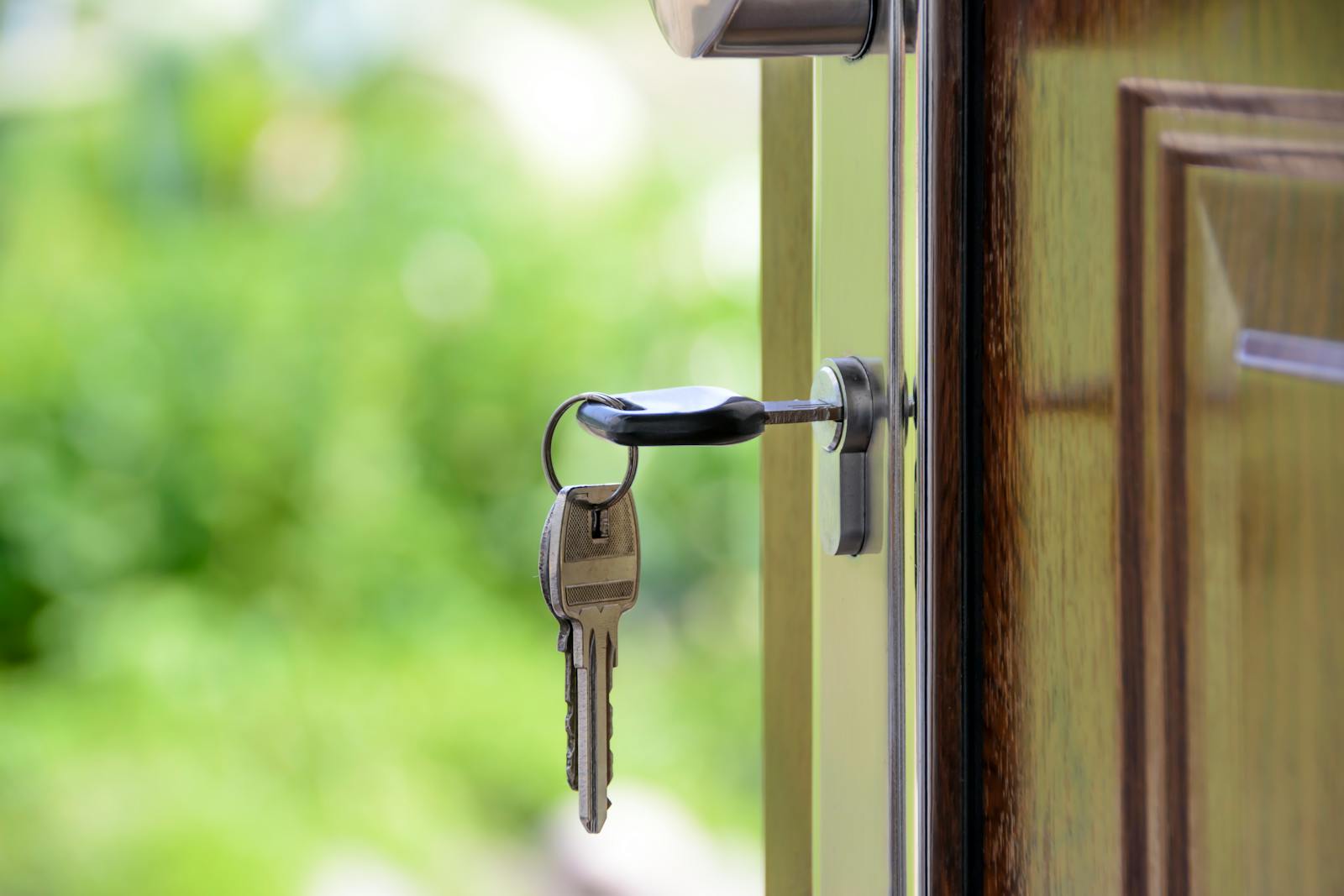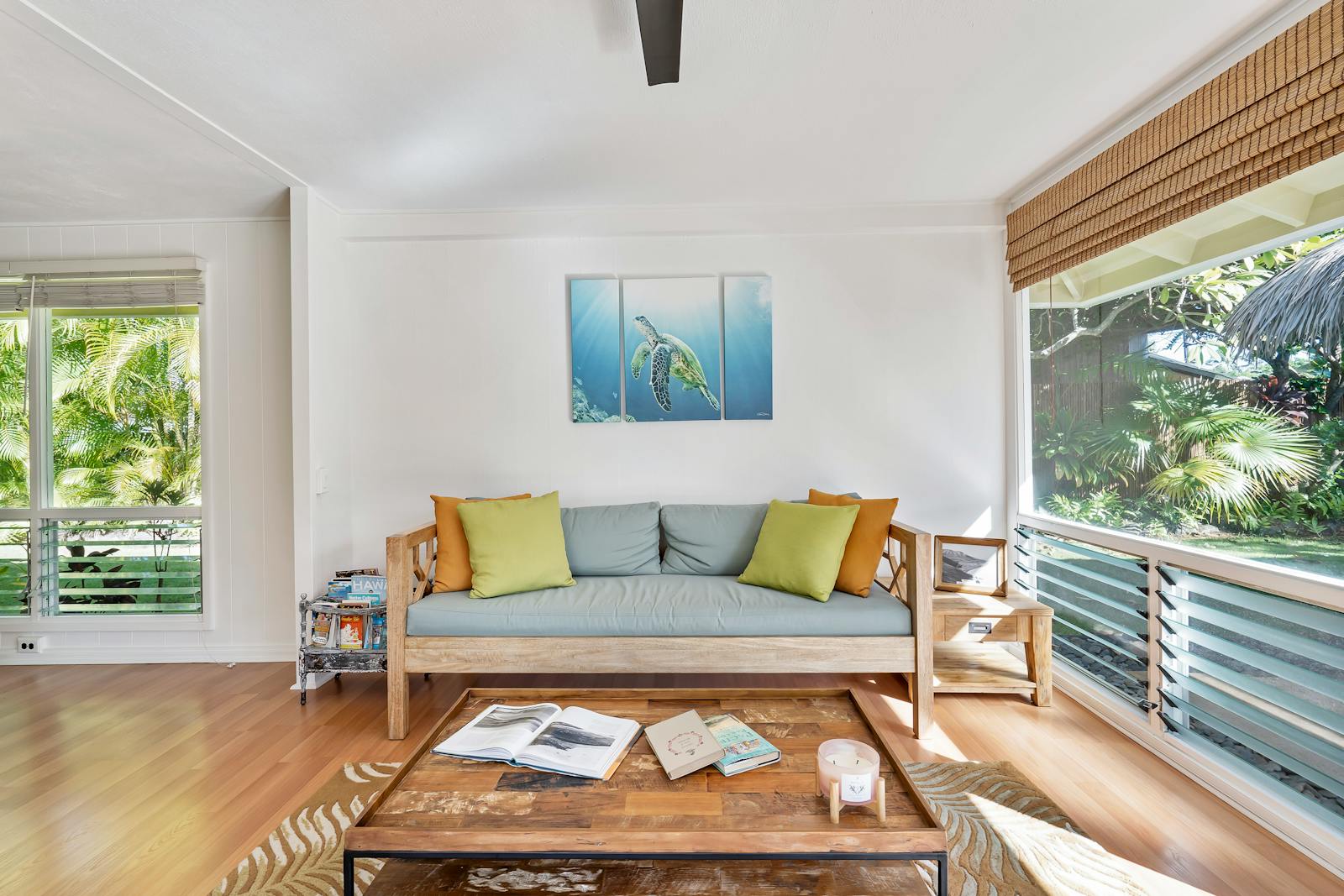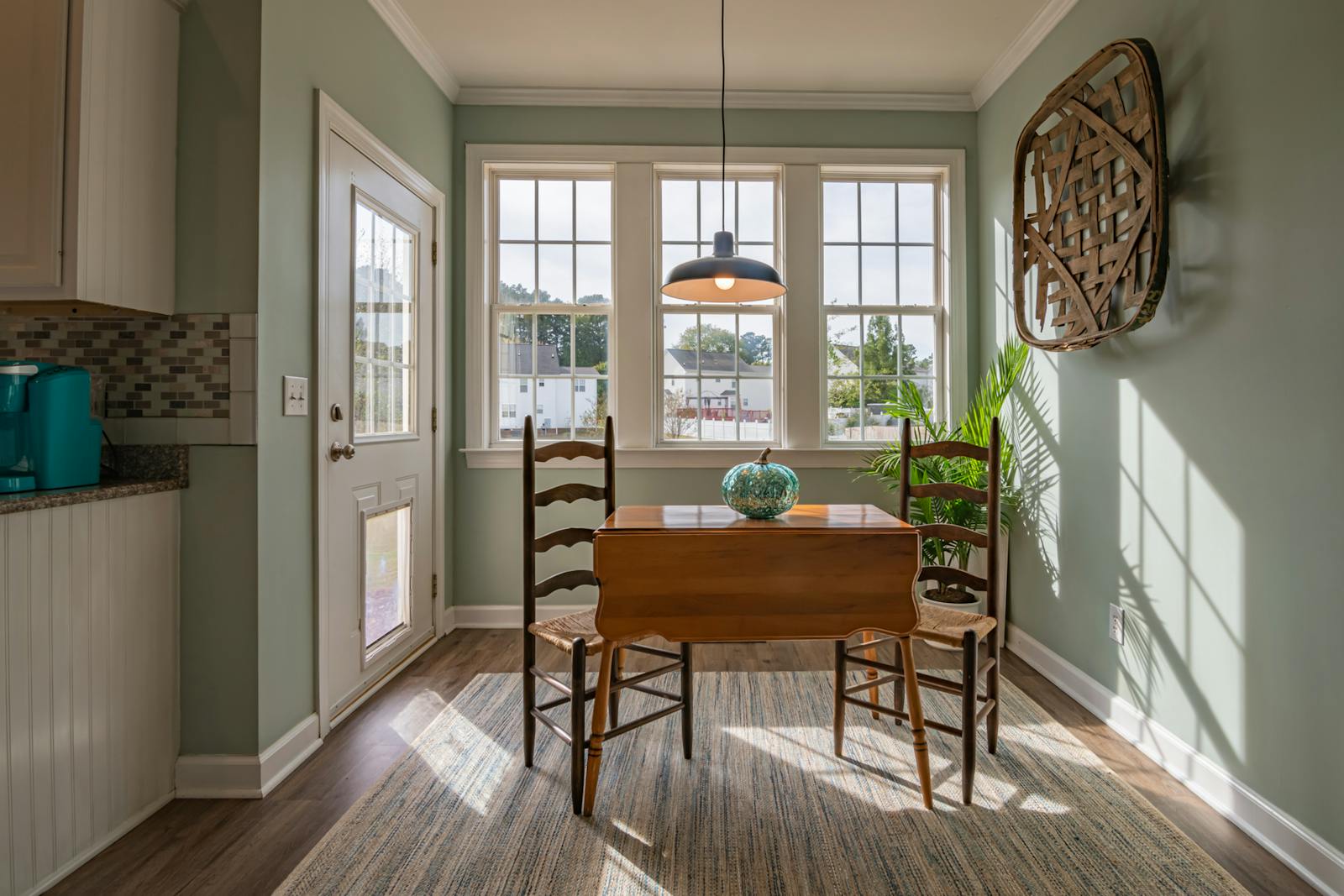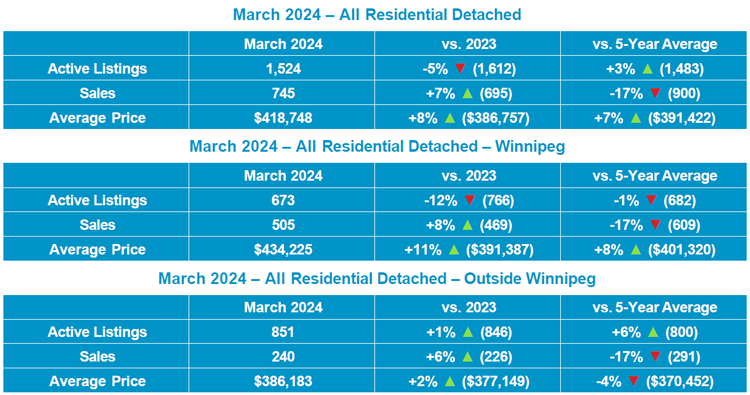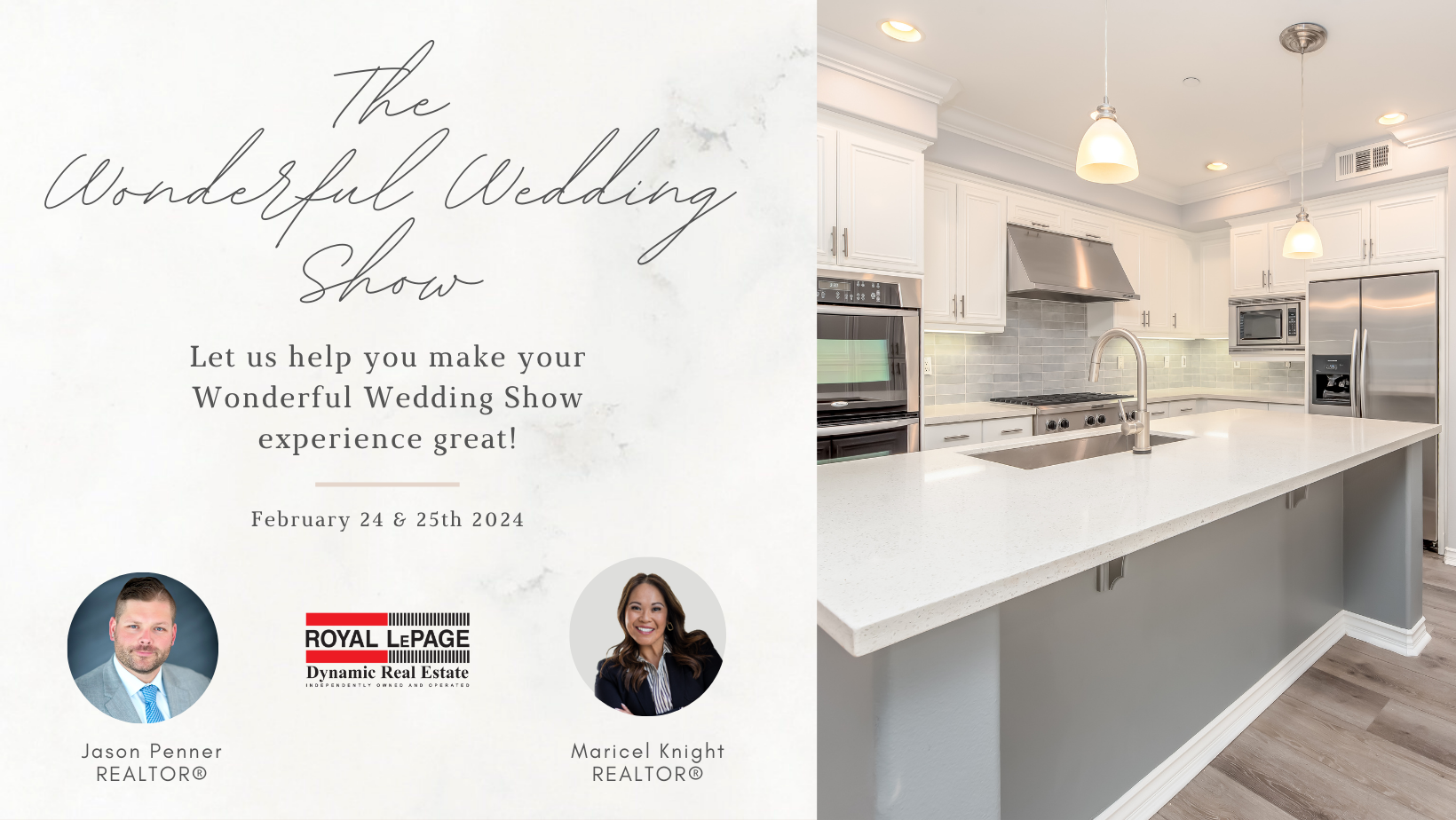Ah, fall in Manitoba—when the leaves turn golden, the air gets crisp, and we all start eyeing our thermostats with a mix of anticipation and mild dread. If you're a homeowner here, you know that getting ready for winter isn't just a good idea—it's basically a survival skill. But don't worry! With a little preparation now, you'll be sipping hot cocoa by the fireplace while the snow swirls outside, feeling smug and cozy.
Let's walk through everything you need to do to get your home ready for the cold season ahead. I promise it's not as overwhelming as it sounds.
Show Your Heating System Some Love
Your furnace has one job this winter: keep you warm. Let's make sure it's up for the challenge! Schedule a professional inspection to catch any issues before the first deep freeze hits. While you're at it, make a mental note to replace those HVAC filters monthly—it's one of those small tasks that makes a big difference for air quality and efficiency.
If you're feeling fancy, consider upgrading to a programmable thermostat. Your future self (and your energy bills) will thank you when you can adjust temperatures automatically without stumbling out of bed at 6 AM.
Be Kind to Your Pipes
Frozen pipes are nobody's idea of a good time, so let's avoid that drama entirely. Start by disconnecting and draining your outdoor hoses, then shut off the exterior water supply. Think of it as tucking your outdoor plumbing in for a long winter's nap.
For pipes along exterior walls or in unheated spaces, wrap them in foam insulation or heat tape—like giving them a cozy winter jacket. And if you're heading out of town during a cold snap? Keep your heat at 18°C or higher and let a faucet drip slightly. It might seem wasteful, but it's way cheaper than dealing with burst pipes.
Seal Up Those Sneaky Drafts
Cold air has a way of finding every tiny crack and gap in your home. Grab some caulk and weather stripping, and do a thorough inspection around windows, doors, and anywhere else you feel a suspicious breeze. You can even remove your window screens for the season and double-check that weather stripping while you're at it.
Don't forget about insulation! Your attic, basement, and exterior walls should be well-insulated to keep heat where it belongs—inside with you. Good insulation also helps prevent those pesky ice dams on your roof.
Give Your Roof and Gutters Some Attention
Before the snow starts piling up, take a good look at your roof. Check for missing shingles, damage, or potential leaks. It's much easier (and safer) to fix these things now than in January.
Clean out your gutters and downspouts too. I know, I know—it's not the most glamorous task. But clogged gutters can lead to ice dams and water damage, and that's a headache you definitely don't want.
Keep Things Safe and Comfortable Inside
Manitoba winters can be brutally dry, so dust off that humidifier and make sure it's working properly. Aim to keep your indoor humidity between 20–40% for optimal comfort without encouraging condensation.
Here's an important one: test your smoke and carbon monoxide detectors and replace the batteries. With increased use of furnaces, fireplaces, and heaters, these devices are more important than ever. While you're thinking about fire safety, have your fireplace inspected and review how to use it safely.
Don't Forget the Little Things
A few more quick tasks to round out your winter prep:
Check that your sump pump is working—Manitoba's quick thaws mean it might be needed even in winter
Store outdoor furniture and cover or remove your air conditioner
Trim any tree branches hanging too close to your house or roof
If you're traveling, open cabinet doors to let warm air circulate around pipes
You've Got This!
I know this list might seem long, but remember—you don't have to do everything in one weekend. Tackle a few tasks at a time, maybe put on some good music or your favorite podcast, and before you know it, your home will be winter-ready.
The best part? Once you've checked everything off, you can relax and actually enjoy the season. There's something wonderful about knowing your home is prepared for whatever Manitoba winter throws at it—whether that's a gentle snowfall or a full-blown blizzard.
Stay warm out there, friends!

